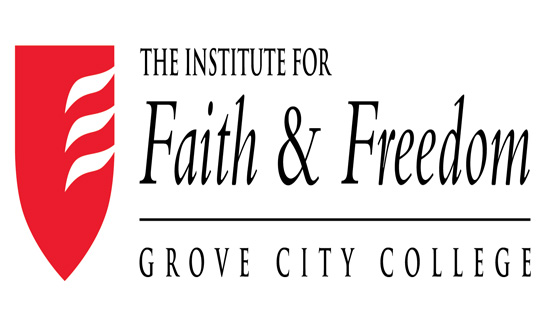Limit Growth of Government to Protect Taxpayers
by Sen. Mike Folmer, Rep. Tim Krieger and Rep. Scott Perry
Pennsylvania families are being steam-shipped straight into an iceberg by a government that is spending beyond taxpayers’ ability to pay. Spending per every man, woman, and child in the commonwealth grew from $350 in 1970 to nearly $5,000 this year.
State and local taxes consume more than 10 percent of families’ incomes, giving Keystone State taxpayers the 10th highest tax burden in the country, a dubious ranking that’s only getting worse. Over the next four years, state government contributions to pension plans will quadruple from $1 billion to $4 billion, with an equivalent increase in school district payments.
While many in Harrisburg are content to rearrange deck chairs, our fiscal ship is about to sink and without taxpayer protection, will take Pennsylvania taxpayers down with it. That is why we have proposed legislation that would change the rules to protect taxpayers.
Our bills SB 7 and HB 974, also known as the "Taxpayer Protection Act," or TPA, would limit the growth of future state spending to inflation plus state population growth and immediately cap spending through law. In addition, HB 116 would amend the state constitution to ensure permanent control over spending growth.
The TPA has numerous benefits for taxpayers. If it had been in place since 2003, taxpayers would have kept almost $10,000 per family of four, according to the Commonwealth Foundation. Moreover, spending would have grown at a steady rate, and there would have been no need either for "stimulus" spending or significant cuts.
What we propose doesn’t require any cuts in spending, but sustainable levels of growth. This year, for instance, the TPA would allow an increase of about 2 percent. We also recognize there may be occasional need for faster spending growth, which is why we’ve built in provisions for spending to grow above the rate of inflation in cases of declared emergency, or with a super-majority of lawmakers voting to exceed to index.
The TPA requires lawmakers to prioritize spending, provides a prudent rainy day fund, and returns any surplus above that amount to taxpayers. The TPA protects taxpayers. We need to act now, because looming crises threaten to take us straight into the iceberg if we don’t.
The most immediate threat to Pennsylvania’s fiscal ship is the public pension crisis. Contributions to the two statewide systems will increase by about $1,000 per household in state and local taxes over the next five years. And if either system has lower investment returns than anticipated, taxpayers will have to pay even more.
These additional pension costs represent the most pressing threat to Pennsylvania taxpayers, but not the only one. The Independent Fiscal Office projects state General Fund spending will continue to grow faster than revenues, driven by mandatory growth (assuming current policies) in Medical Assistance, debt payments, and corrections.
Yet special interest groups are salivating over recent news about higher-than-expected state tax collections and clamoring for more spending and subsidies for their favored programs. Every day during budget season we see rally after rally at the state capitol, almost all from those demanding more money.
We’ve been down this road before, and unfortunately gotten into an unsustainable cycle. Last years’ state budget was the first to represent cuts in total spending in 40 years. Pennsylvania’s overspending and daunting tax burden have stymied economic growth.
Despite the economic damage caused by unproductive overspending and regardless of the party in power, the institutional bias to spend more has proven too powerful. Every government program has a vocal constituency which is actively engaged in the political process to protect itself. And despite the best efforts of a small cadre of reformers, the General Assembly as a body has been unwilling to risk the wrath of these powerful constituencies.
We must face a simple fact: The General Assembly will act only when it has no alternative. Therefore, the only way to restrain spending and avoid hitting the fiscal iceberg is for the people to demand action through the TPA that will halt the discretion of the legislature with the anchors of the law.
# # #
Sen. Mike Folmer (Lebanon) represents the 48th senatorial district, Rep. Tim Krieger (Greensburg) represents the 57th house district, and Rep. Scott Perry (Dillsburg) represents the 92nd house district.
We Appreciate Your Tax-Deductible Support!





